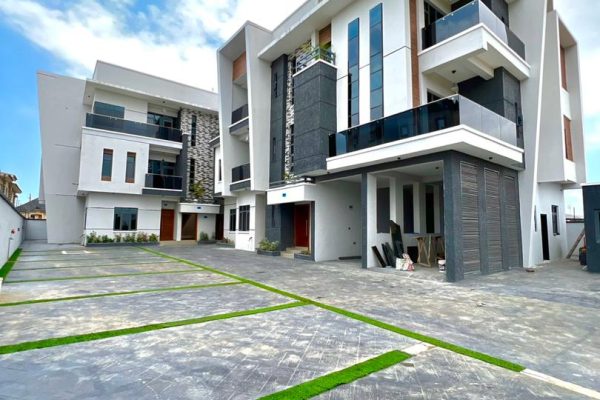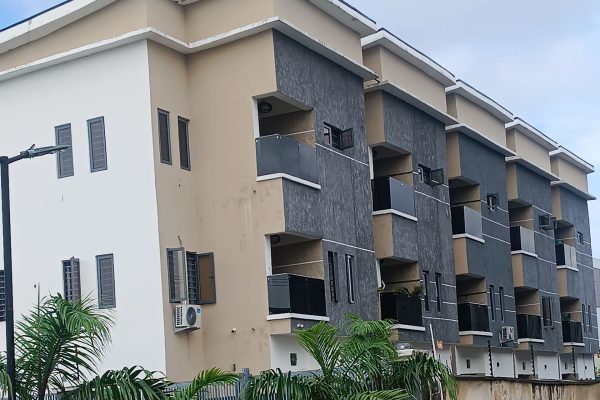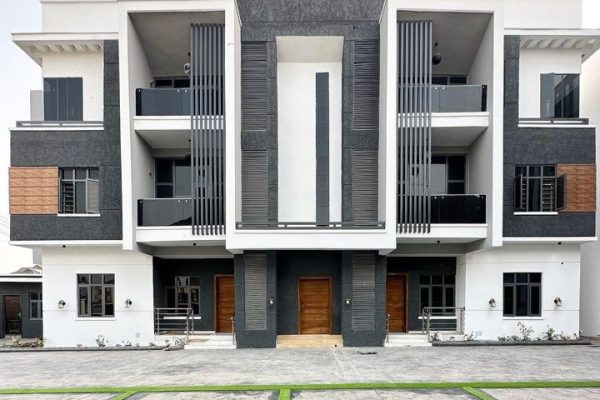As of my last knowledge update in September 2021, Nigeria’s real estate market was undergoing various progressive trends and changes. However, please note that the real estate industry can evolve rapidly, and the situation may have changed since then. Here are some of the progressive real estate trends in Nigeria up to 2021:
- Affordable Housing Initiatives: The Nigerian government, in collaboration with private developers, was working on initiatives to provide affordable housing options for low and middle-income earners. This included the construction of affordable housing estates and mortgage schemes to make homeownership more accessible.
- Real Estate Technology: There was a growing adoption of technology in the real estate sector, with the emergence of online property listing platforms, virtual property tours, and property management software. These technologies aimed to streamline processes and improve transparency in property transactions.
- Co-Working Spaces: In major urban centers like Lagos and Abuja, there was a rising demand for co-working spaces and shared office facilities. This trend was driven by the growth of startups, freelancers, and small businesses looking for flexible and cost-effective workspace solutions.
- Mixed-Use Developments: Developers in Nigeria were increasingly focusing on mixed-use developments that combine residential, commercial, and recreational spaces. These developments aimed to create self-contained communities that offer convenience and a better quality of life for residents.
- Sustainable and Green Building Practices: Sustainability and environmentally friendly building practices were gaining traction. Developers were incorporating green building designs, energy-efficient technologies, and renewable energy sources into their projects to reduce environmental impact and operating costs.
- Real Estate Crowdfunding: Crowdfunding platforms were emerging as an alternative source of real estate financing. Investors could participate in real estate projects with relatively small amounts of capital, allowing for more diversified investment portfolios.
- Infrastructure Development: Ongoing infrastructure projects, such as road expansion and improved transportation networks, were opening up previously underserved areas for real estate development. This led to increased property investment opportunities in these regions.
- Foreign Investment: Nigeria continued to attract foreign real estate investors looking for high-potential markets. The government was working on policies to encourage foreign direct investment in the real estate sector.
- Real Estate Investment Trusts (REITs): The use of Real Estate Investment Trusts was on the rise, providing an avenue for investors to participate in the real estate market without directly owning physical properties. REITs offer dividends from rental income and capital gains.
Conclusion
Please keep in mind that the real estate market can be influenced by various economic, political, and social factors, and the trends mentioned here may have evolved or changed since my last update in September 2021. It’s essential to conduct up-to-date research and consult local experts for the most current information on progressive real estate trends in Nigeria.
Related Articles
2 Comments
Comments are closed.










In publishing and graphic design, lorem ipsum is a filler text or greeking commonly used to demonstrate the textual elements of a graphic document or visual presentation. Replacing meaningful content with placeholder text allows designers to design the form of the content before the content itself has been produced.
Lorem Ipsum is also known as: Greeked text, blind text, placeholder text, dummy content, filler text, lipsum, and mock-content.